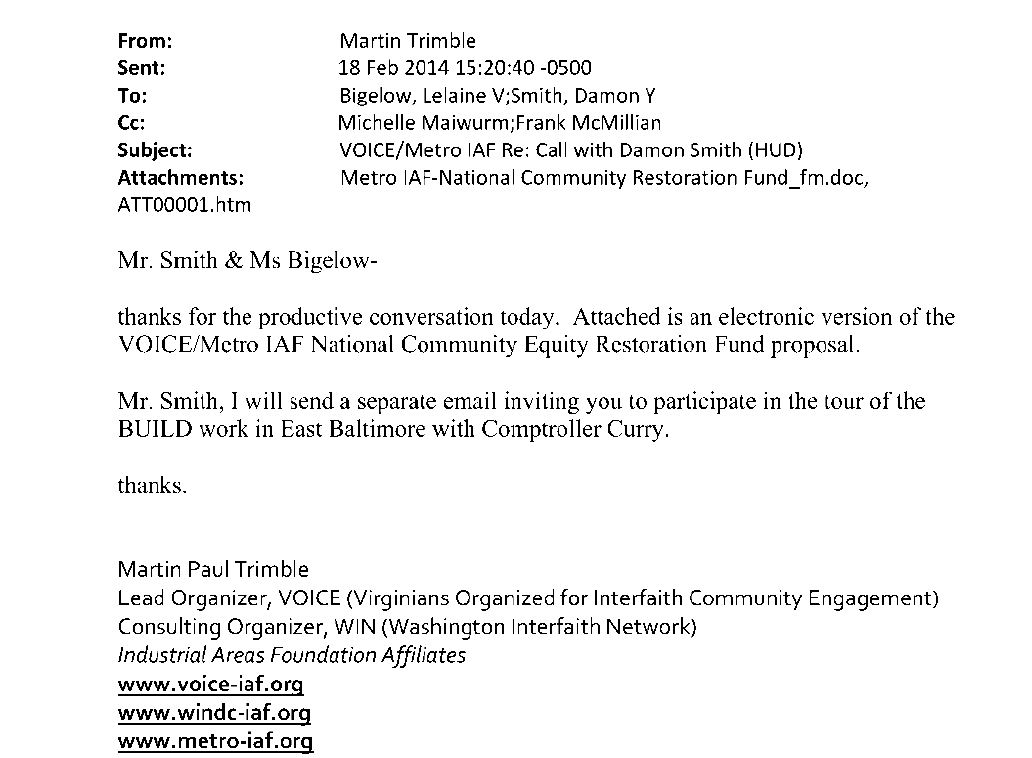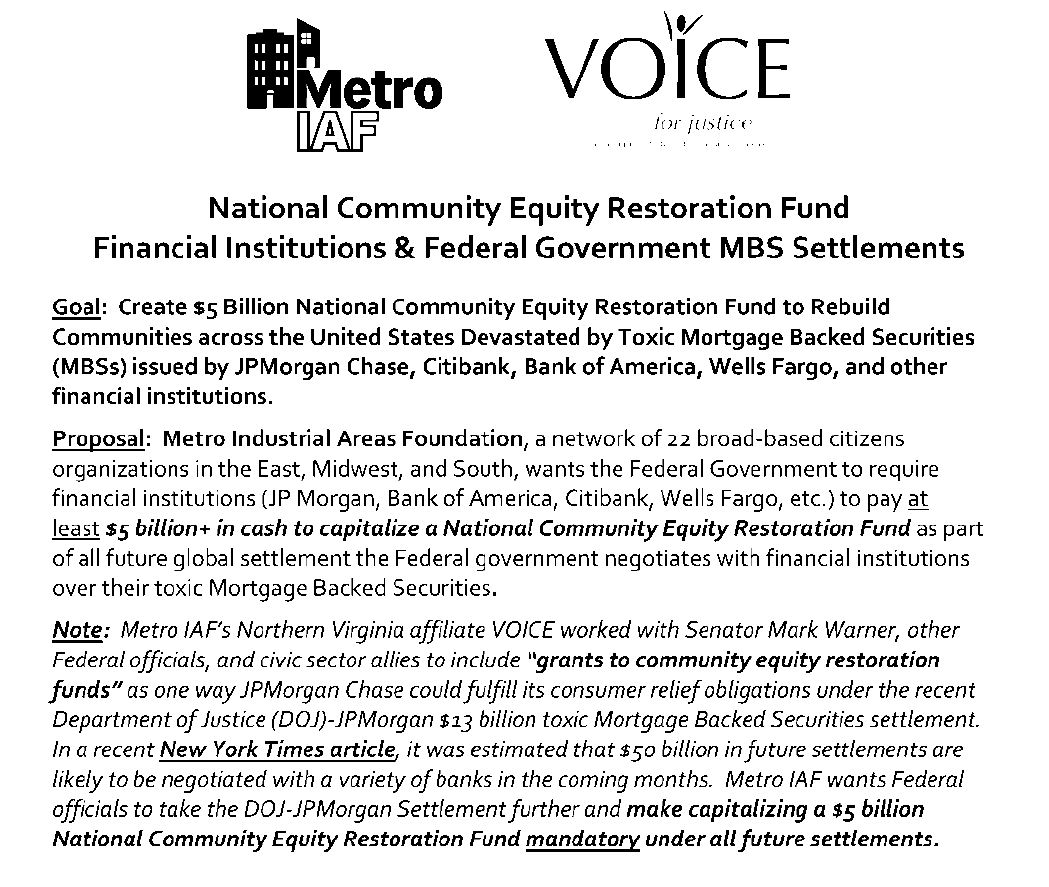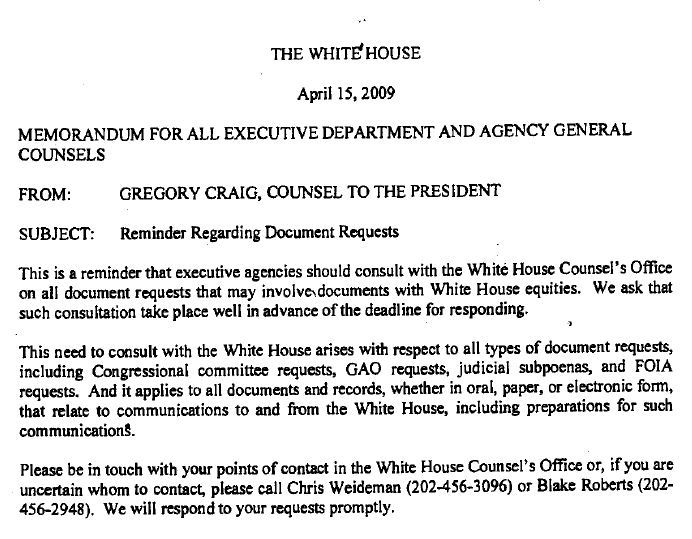Late last year, CoA submitted an amicus brief in the case of Murray Energy v. EPA. The brief supported Murray Energy’s cert. petition seeking review of its case before the Supreme Court. The Murray Energy case centered on employment evaluations required under Section 321(a) of the Clean Air Act.
A federal court in West Virginia ordered the EPA to comply with the statutory mandates of Congress, requiring the EPA to conduct “continuing employment evaluations” related to Clean Air Act implementation or enforcement. The Fourth Circuit, however, sided with the EPA and ruled that, despite the plain language of the statute, Section 321(a) was discretionary and not an agency obligation.
Our brief made the following point: Congress specifically stated that the EPA shall conduct these continuing employment evaluations. Not may, or if something happens, or if the EPA deems it expedient, but shall. Unfortunately, earlier this year, the Supreme Court denied Murray Energy’s petition and will not review the matter. However, the EPA has admitted its failure to conduct job loss evaluations and committed to doing so in the future: “the Agency historically has not conducted these assessments. EPA acknowledges the importance of considering the cumulative effects of its regulations on the American public. Accordingly, EPA intends to conduct these evaluations consistent with the statutes.” CoA will continue to monitor these developments and help ensure that the EPA follows through on its promises.
Meanwhile, nearly two years ago, CoA petitioned the EPA to initiate a rulemaking to implement procedures and hearings under Section 321(b) of the Clean Air Act. This section allows any employee who is discharged or laid off, threatened with discharge or layoff, or whose employment is adversely affected by Clean Air Act requirements to request an investigation and a hearing from the EPA. The EPA has failed to promulgate any regulations regarding the process and standards by which it should conduct investigations and hearings under Section 321(b) and has not responded to our petition, other than to acknowledge it. As the agency is now under the new leadership of Acting Administrator Andrew Wheeler, the opportunity again presents itself for the EPA to finally address our petition and give the public the necessary tools to seek relief from its regulatory activities.
Josh Schopf is Counsel at Cause of Action Institute



